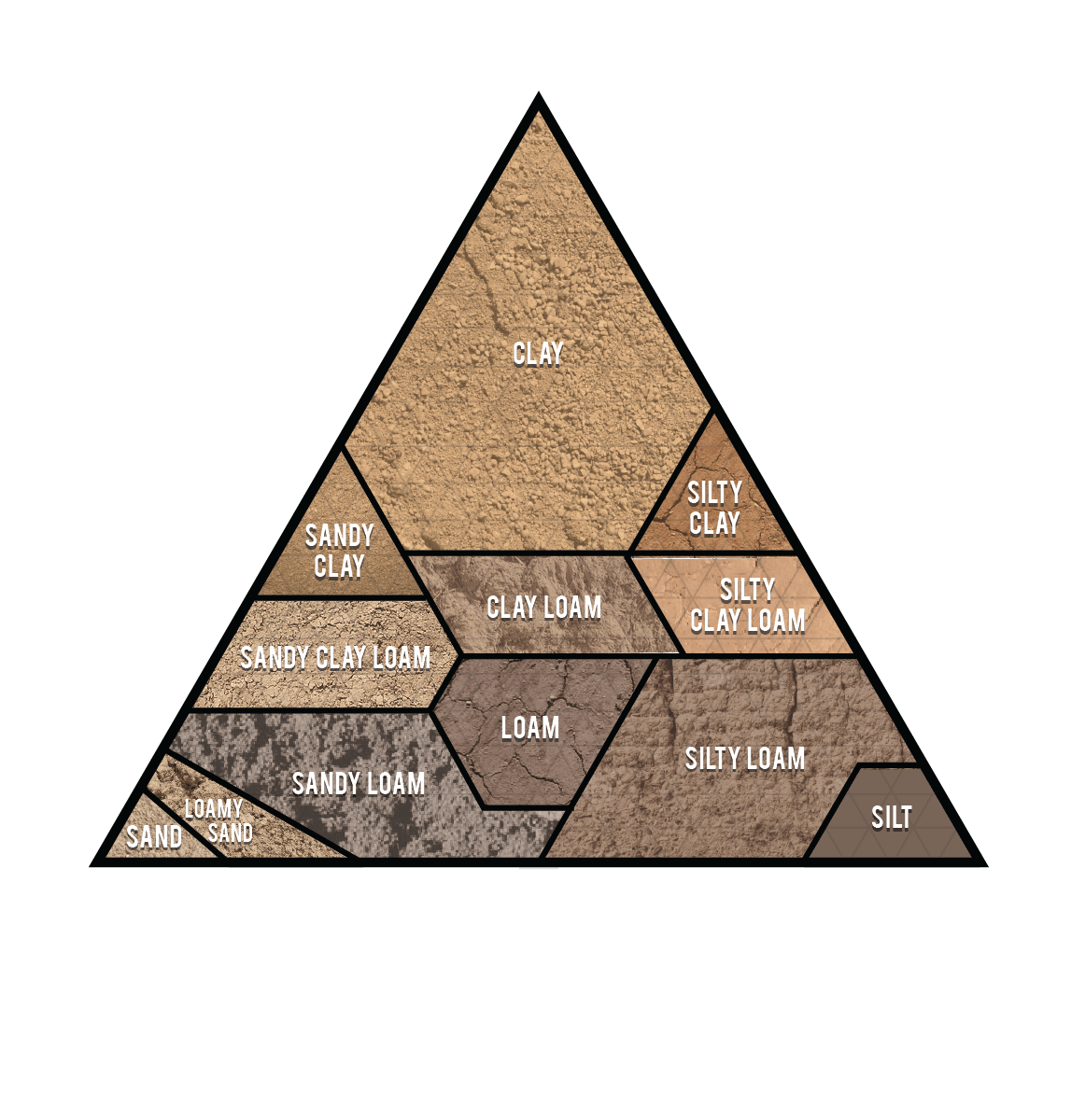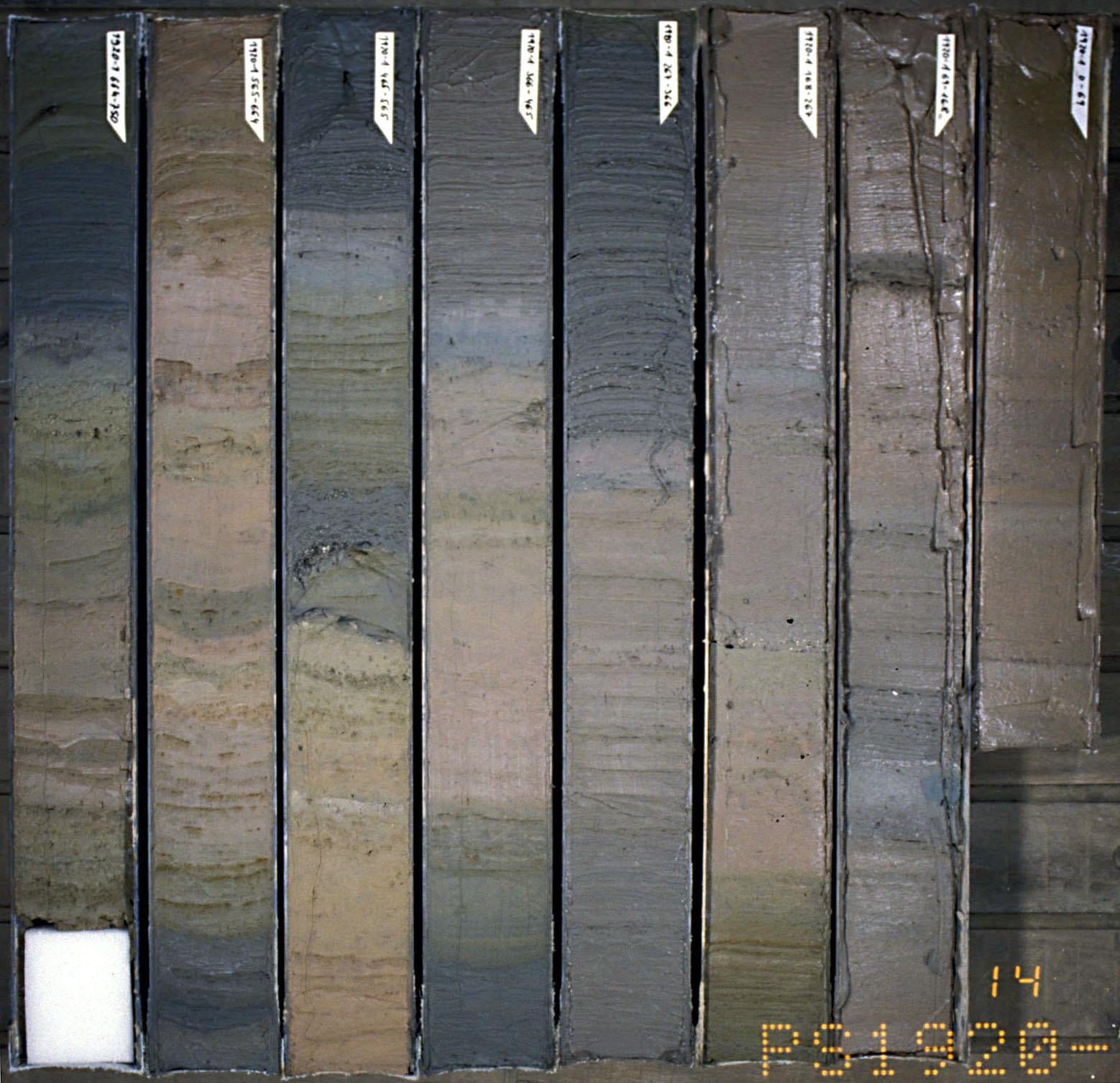I don’t have the background for this but I still feel like this is pretty funny.
Soil Science
Welcome to c/soilscience @ slrpunk.net!
A science based community to discuss and learn all things related to soils.

Notice Board
This is a work in progress, please don't mind the mess.
Subdisciplines of soil science include:
- Soil Taxonomy & mapping
- Soil Fertility & Organic Amendments
- Soil Chemistry & Remediation
- Soil Mineralogy
- Soil Physics
- Soil Biology
These subdisciplines are used by various other disciplines, particularly those related to reclamation, remediation, and agriculture.
Rules
- Don't throw mud. Be kind and remember the human.
- Keep it rooted (on topic).
- Please use a tag.
- No spam.
- Memes are welcome, but the focus of this community is science-based
Resources
Blogs
Careers
Chemistry
- Secondary and micronutrient availability by pH
- Secondary and micro nutrients availability by pH line graph
- Common Nutrient Deficiency Symptoms on Leaves Infographic
Classification
Maps & Datasets
Canada
- Canadian System of Soil Classificaiton
- 1982 Canadian Manual for Describing Soils in the Field
- Alberta Soil Quality Criteria Relative to Disturbance this one is widely used across Canada
- Best management practices for conservation of reclamation materials in the mineable oil sands region of Alberta - a good guide to basic reclamation and revegetation BMPs
Europe
- Agrifood Soilscapes (UK)
- Datasets from the BGS (UK)
- Datasets from the James Sutton Institute (UK)
- Scotland Environment Soil Maps
- Soil Atlas of Europe
- UK Geochemical Atlas
- UK Soil Observatory
United States
World
Soil Contamination:
- Cornell Guide to Testing Contaminated Soils
- CCME Soil Guidelines for Contaminants
- Wikipedia Lists of Hyperaccumulators for Bioremediation

Similar Communities
- !geology@lemmy.ca
- !geophysics@lemmy.ca
- !geologycareers@lemmy.ca
- !mining@lemmy.ca
- !openscience@lemmy.ml
- !reclamation@slrpnk.net
Sister Communities
Science and Research
Biology and Life Sciences
- !anthropology@mander.xyz
- !microbiology@mander.xyz
- !biodiversity@mander.xyz
- !palaeoecology@mander.xyz
- !palaeontology@mander.xyz
Plants and Gardening
Physical Sciences
Humanities and Social Sciences
- !archaeology@mander.xyz
- !cooking@mander.xyz
- !folklore@mander.xyz
- !history@mander.xyz
- !old_maps@mander.xyz
Memes
Find us on Reddit
Iron oxides bond with available phosphorus in soil and prevent it from being used by plants. Tropical soils are really P deficient due to this.
You could add literal tons of P fertilizers only to see very short term benefit, with the soil returning to its pre-application state
What is the use of phosphorus that isn't available to plants?
P has a lot of fractions (forms) with only the soluble inorganic forms and some organically bound forms available.
Other organic forms are present in microbes and the soil biome to support living critters (ATP).
Other more recalcitrant forms serve only to replenish the soluble and organic pools
What ways can you provide phosphorus in your soil without added fertilizers?
I've been using white clover in my garden as a way to add nitrogen. I'm also assuming that by having more root structure in the soil, there is more of a home for the microbes and other living life in the soil. The soil has also stayed moist on the surface longer which I again assume is good for anything living below the surface.
My goal is to have a no till, low watering veggie garden and hopefully I'm going in the right direction.
Tillage isn't bad if you are using it to incorporate organic amendments.
if you plant very deep rooting plants, they can pull P from deeper horizons, but it's slow. Test your soil, determine your P goals, and then apply an amendment, such as wood ash (careful with pH)
This year was the first year I've had a garden so it's been more of a learning experience than anything but I'm hoping to create and maintain a patch of healthy, living soil.
I'm not sure if this community covers that area of soil just yet but I do appreciate the bits of knowledge coming from here.
I'll definitely keep this in mind and consider testing my soil next year to see if I can get a better understanding of what's going on down there.
Yes we cover it. Post away.
I don't understand anything in this community but I love that you guys are so into what you do.
Come and learn and as questions! We are friendly but hyper nerds
